Bam: Senate OKs Bill Protecting Children Against Disasters
The Senate has approved on third and final reading a bill creating a national program that will provide protection and assistance to Filipino children affected by disasters, calamities and armed conflicts.
According to Sen. Bam Aquino, a co-author of Senate Bill No. 3034 or the Children’s Emergency Relief and Protection Act, children will be given utmost priority during and after every disaster.
“We will continue to work in protecting our Filipino children during disasters, calamities, or armed conflict, but also to reduce trauma and build their resistance to these threats,” Sen. Bam said.
As an archipelago lying along the Pacific Ring of Fire, Sen. Bam stressed that the country is one of the most vulnerable to the threat of climate change.
“While we have already made big improvements in the field of disaster risk reduction on a national and local level, now we have the opportunity to target our Filipino children, one of the most vulnerable sectors during times of calamity,” said Sen. Bam, chairman of the Committee on Youth.
In filing the measure, Sen. Bam underscored the need to focus on Filipino children as they are the most vulnerable and are worst affected during disasters such as earthquakes, volcanic eruptions, flash floods.
During the onslaught of Typhoon Yolanda, Aquino said an estimated six million children were affected, according to data from Save the Children.
If enacted into law, existing policies will be reviewed to give better support to Filipino children, especially during disasters, calamities or in armed conflict to help lessen trauma, restore normalcy quickly and build their resilience better.
“A national program is crucial in the most vulnerable areas of the country, where the experience of prolonged displacement would have a profound impact on the children’s sense of security, physical and emotional well being,” Sen. Bam said.
The measure also pushes for child-centered training to disaster first responders, teachers, psychologists and other volunteers in disaster recovery, relief and rehabilitation, with special modules for different stages of children and youth development.
“Providing the targeted needs of the Filipino children, specifically during times of distress, ensures the long-term security and health of our nation,” Aquino stressed.
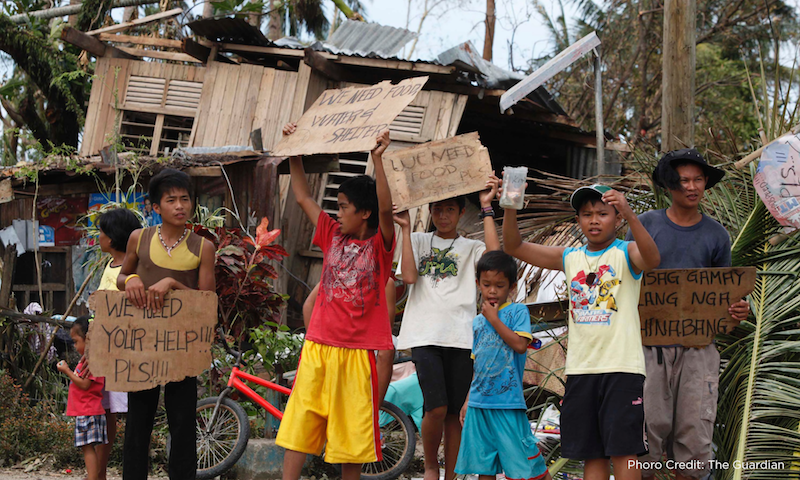
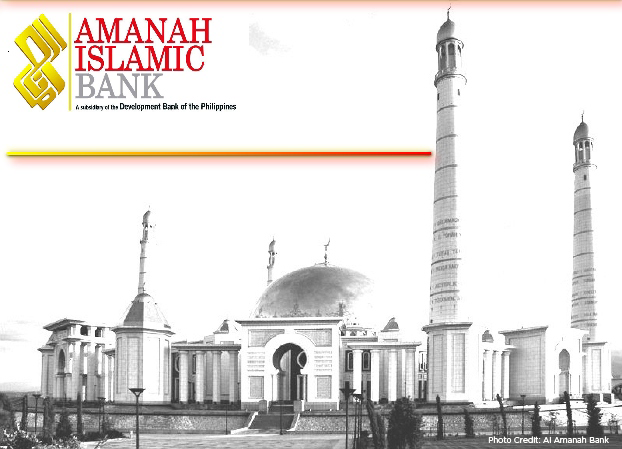

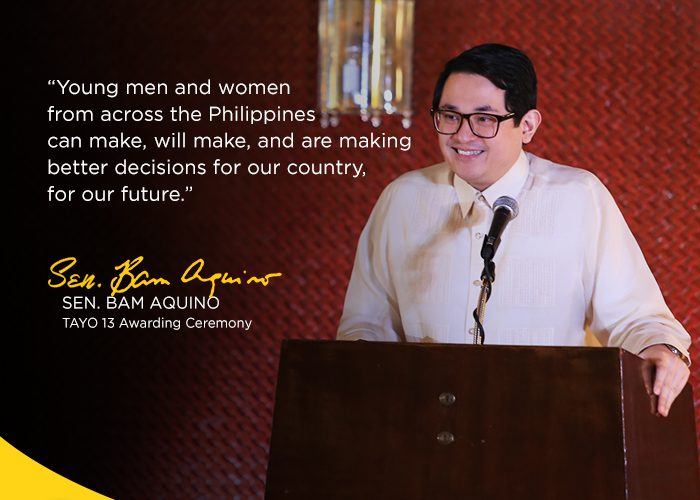
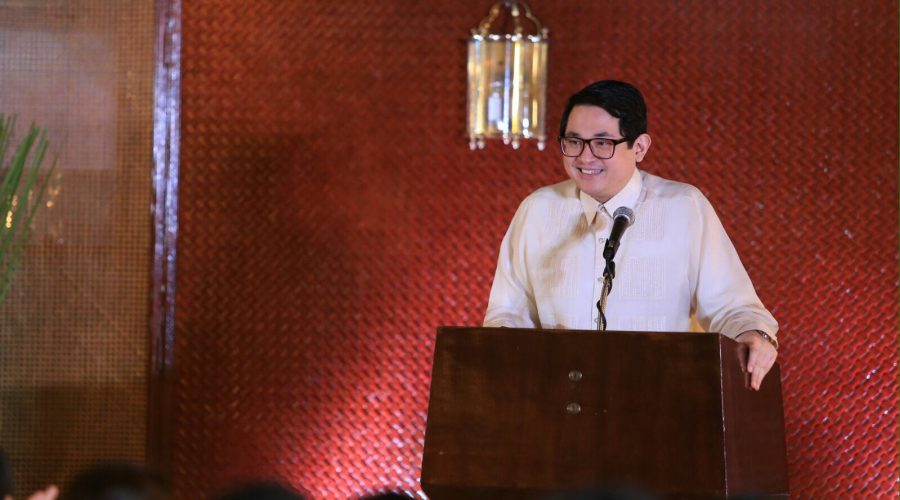
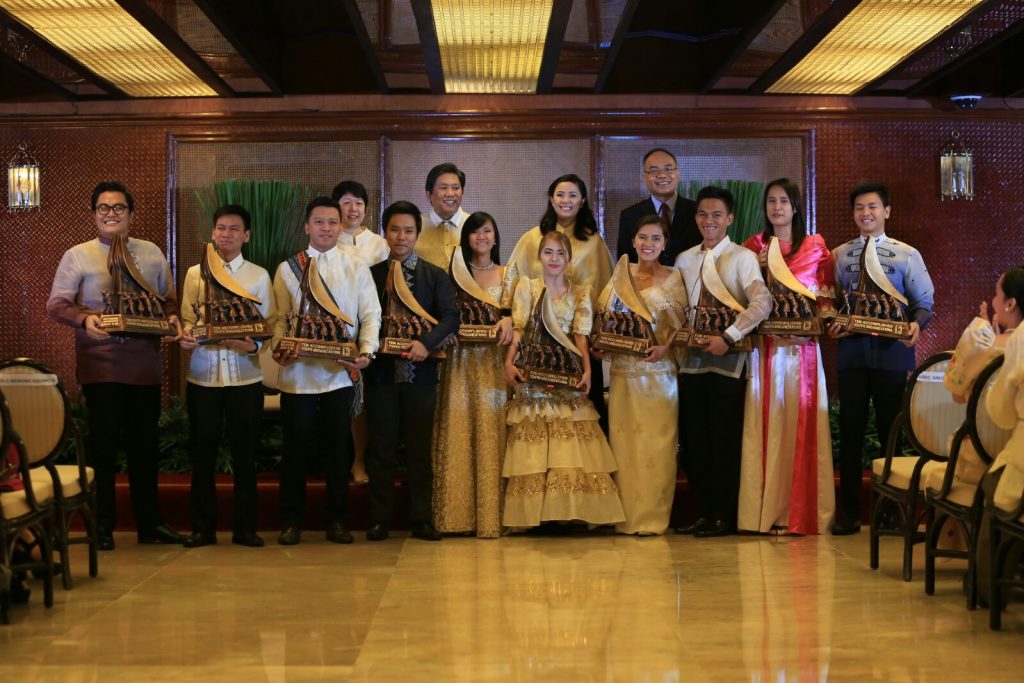
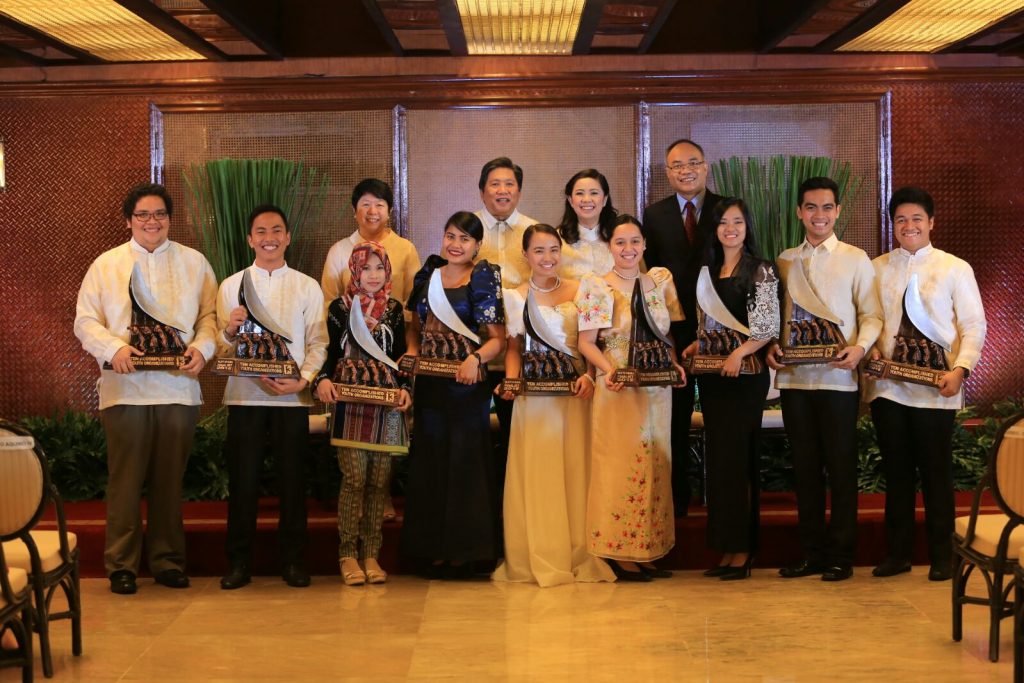
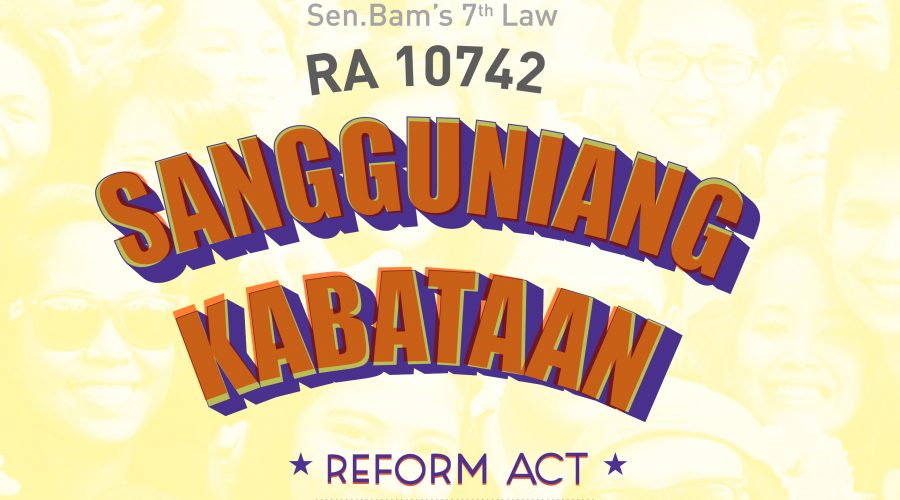

Recent Comments